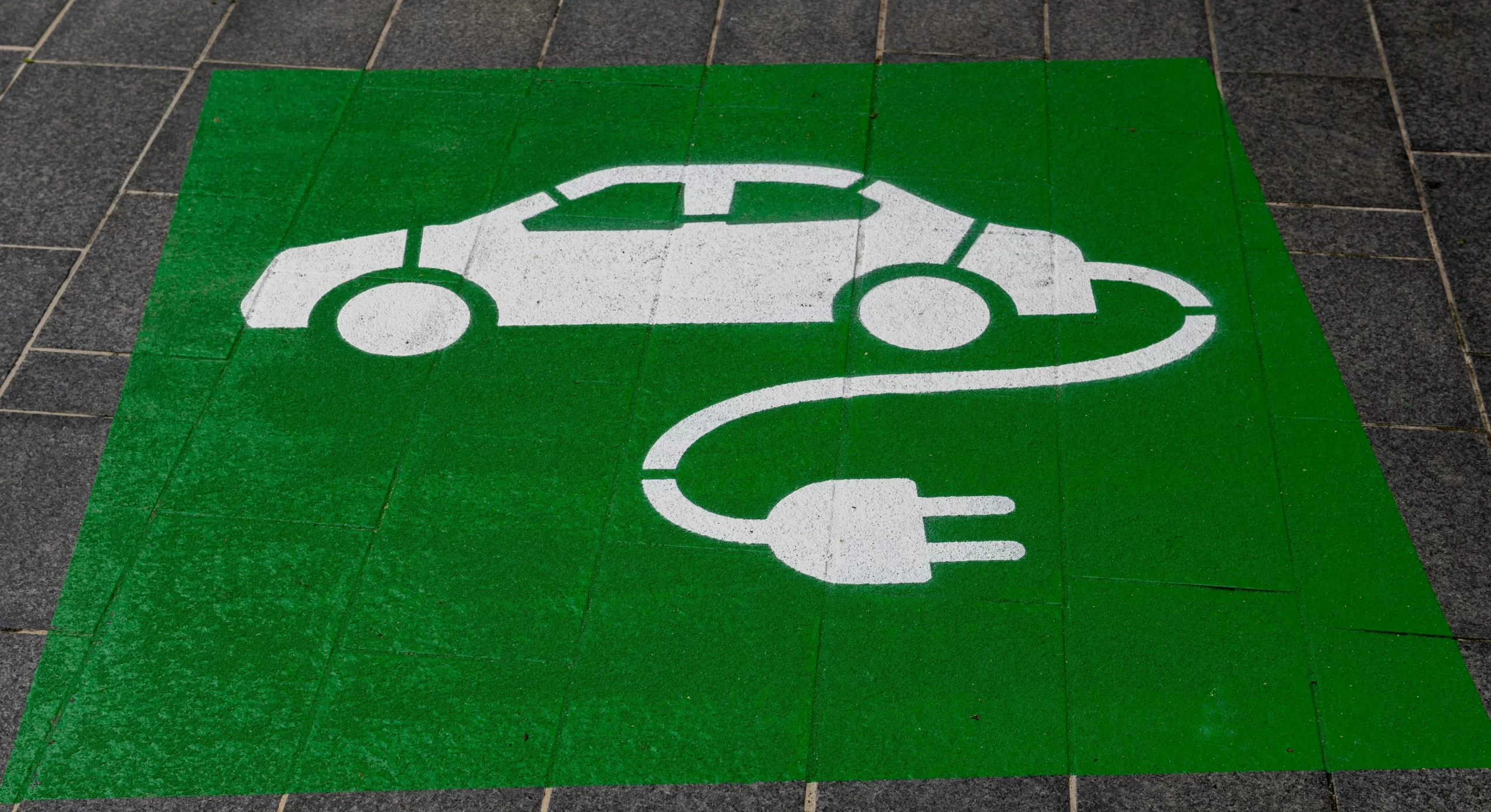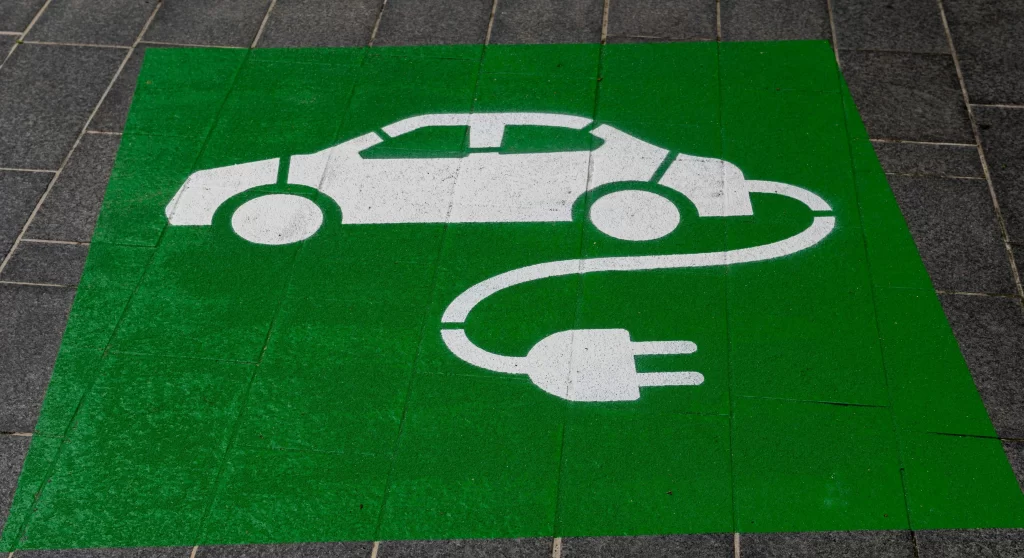This grant has expired.
This grant has expired and is no longer available. However, please contact Avant Group in case there are alternative grants available or to be informed if this grant will reopen.

NSW EV Kerbside Charging Grants – Round 2
- A total of $4.5M in funding is available for Round 2
- The minimum contribution request is $100,000, while the maximum is $800,000
- Applications close 9 December 2024
In June 2021, the NSW Government introduced the NSW Electric Vehicle Strategy to facilitate the purchase and operation of electric vehicles (EVs) in Australia. In 2022, the strategy was expanded to include a $10 million investment in co-funding public kerbside EV charging infrastructure in residential areas with limited off-street parking, targeting the nearly 30% of NSW drivers who lack access to off-street charging, thereby enhancing the feasibility of EV ownership.
The EV Kerbside Charging Grants Program, managed by the Department of Climate Change, Energy, Environment and Water, is allocating $4.5 million in Round 2, to install kerbside chargers in priority areas that have limited access to private off-street parking for charging electric vehicles.
Key Requirements
The EV Kerbside Charging Grants Program aims to support NSW’s goal of being the easiest place in Australia to own and operate an electric vehicle by increasing charging options for drivers with limited or no access to off-street parking and address the needs of a growing number of EV drivers to facilitate the transition to electric vehicles. The grants will test various kerbside charging technologies and commercial models to foster a sustainable kerbside charging market, while also providing information and support regarding planning approval pathways for kerbside charging.
The minimum contribution request from the NSW Government is $100,000, while the maximum is $800,000.
The NSW Government’s contribution must not exceed 80% of the total installation and equipment cost for each requested EV charger, with caps set at $10,000 (ex GST) per charge port for green zones, $8,000 (ex GST) per charge port for yellow zones, and $6,000 (ex GST) per charge port for blue zones.
A requirement for funding is that applicants must report on the usage and operation of charging sites every six months for one year after the installation of each site.
What is eligible for funding?
Activities that are included must be related to the installation of EV chargers in priority areas including:
Equipment:
- EV charger hardware
- Components needed to connect to an electrical supply (e.g., electricity meters, residual current device (RCD) protection)
- Equipment for connecting charging stations to the internet (e.g., data cabling, modems)
Installation:
- Civil and electrical works required for installation and connection to an electrical supply (e.g., civil and/or electrical design, electrical cabling, crash protection
- Fees for connection from the electricity supply authority
- Installation of regulatory parking signage and pavement markings approved by the NSW Government
Administrative
- Fees for planning and approvals
- Fees associated with council applications for dedicated EV parking spaces
Priority areas are funded via 224 coloured zones, covering 32 Local Government Areas which have been identified based on population density, housing type, housing tenure and vehicle ownership to ensure fair distribution in areas with the greatest need for kerbside chargers.
Co-funding for these zones are as follows:
- Green Zone $10,000 (ex GST) per charge port
- Yellow Zone $8,000 (ex GST) per charge port
- Blue Zone $6,000 (ex GST) per charge port
What companies are eligible for funding?
In order to be eligible, charge point operators must:
- Be a corporation owned by a state or a subsidiary of a corporation that is owned by an Australian state or territory OR Be an entity registered under the Corporations Act 2001
- Possess and provide the Australian Business Number of their organisation
- Have public liability insurance of $20 million, as well as workers’ compensation
- Provide a budget and the requested co-funding amount for each proposed charging site included in their application
Is this grant competitive or entitlement based?
Competitive. Your application will be assessed among other applications by a judging panel.
How can I increase my chances of winning this grant?
By engaging an accredited government grants consultant, such as Avant Group.
Competitive grants often require significant business case development and project analysis to support the application, this may include detailed presentations supporting the project’s merit, projected sales, cost-benefit analysis and more.
As part of your engagement with Avant Group, your account manager will assess the required documents and will provide the following as needed to support your grant submission.
Grant application writeup including a detailed presentation illustrating how the grant funding will contribute to your project, how the funding will contribute to the project’s budget, a project milestone plan, delivery timeline, impact on employment if applicable and a breakdown of the management and leadership team for the project
- Industry analysis presentation
- Competitor Analysis Presentation
- Marketing and Sales Analysis Presentation
- 3-5 year Cashflow Forecast
- 3-5 year Balance Sheet Forecast
- Cost-Benefit Analysis of Grant Funding
- End-to-end grant application including information collating, analysis and application writing
- CAPEX (Capital Expenditure) cost-benefit analysis
- Stakeholder relations and Risk Mitigation Plans
- Any other relevant forecasting that will support your application
How can I get help with my application? Or know if I’m likely to win funding?
Avant Group offers a no-obligation assessment of your eligibility for funding and will assess your likelihood of a successful grant application.
